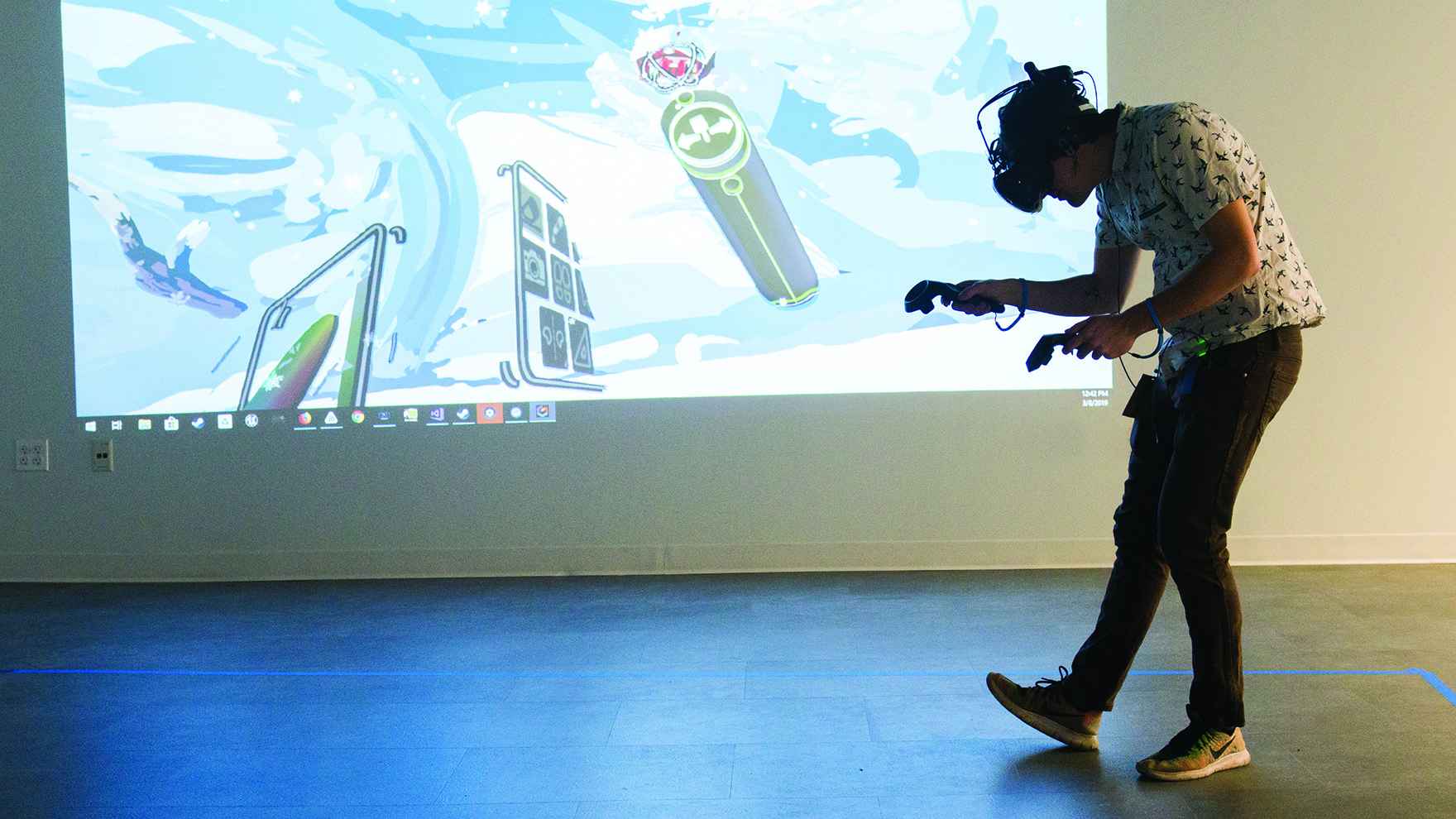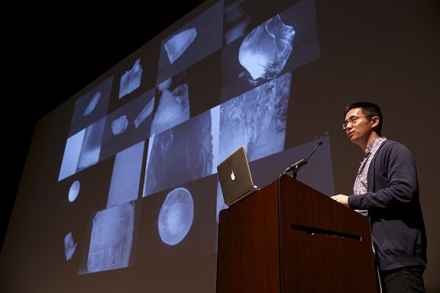Arts|Science Initiative Collaborations Inspire New Directions, Approaches to Research
“The Arts|Science Initiative actively engages students through direct dialogue and exchange,” said Julie Marie Lemon, the initiative’s program director and curator. “Where new relationships have developed, new networks and resources across the humanities and sciences have been established—ideas have been pushed, questions raised, knowledge transferred, and a new set of emergent possibilities revealed.”
Outstanding Teaching and Mentoring Recognized at 519th Convocation
Four faculty members and one graduate student in the Division of the Humanities have been honored for their commitment to excellence in pedagogy and student mentoring. The recipients will be recognized at ceremonies during the 519th Convocation.
W.J.T. Mitchell Elected to the American Philosophical Society
W.J.T. Mitchell, the Gaylord Donnelley Distinguished Service Professor in English Language and Literature and Art History as well as Editor of Critical Inquiry, was elected as a member of the American Philosophical Society.
Making Disability Matter: English Grad Student Recognized with Bridge Builder Award
Stephen Pannuto, a graduate student in the Department of English Language and Literatures, was awarded the 2014 Bridge Builder Award for his role in “Disability Matters,” a series of public lectures and workshops focused on building a community interested in disability as a lived experience and a critical category.









